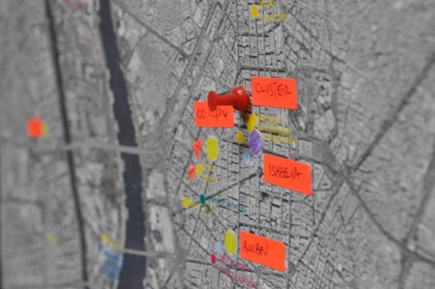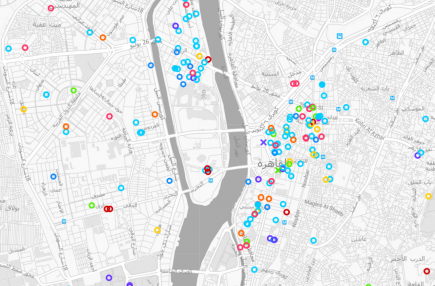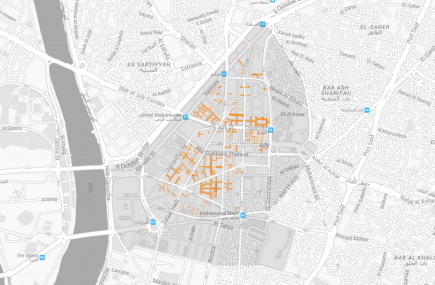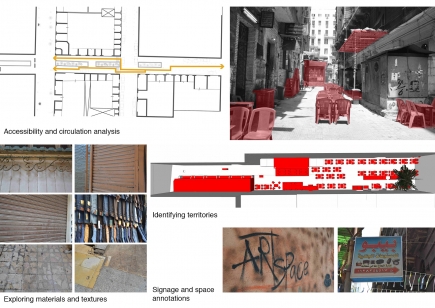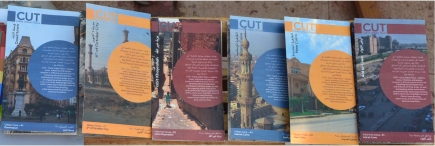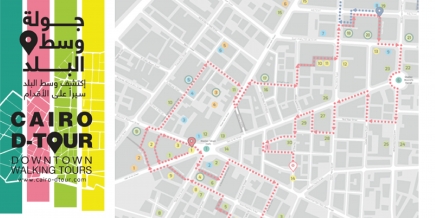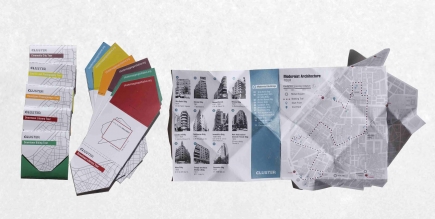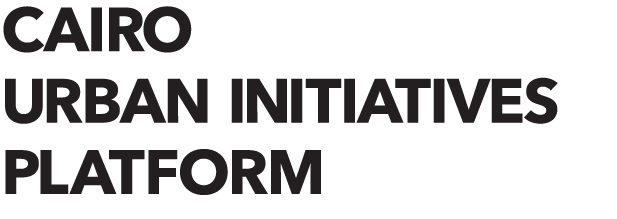| Theme: | |
| Format: | |
| Date: | Jul 10, 2012 5:00–10:00pm Jul 19–29, 2012 |
| Organized by: | Artellewa |
| Venue: | Artellewa |
| Address: | 13 & 19 Mohamed Ali Al Eseary Ard El Lewa, Giza, Egypt |
| Admission: | Free |
| Website: | https://www.facebook.com/groups/ifiwere.president/?ref=ts&fref=ts |
The idea for "If I Were President" came from the presidential campaign posters that started taking over all of the public spaces in the city. The posters might have slogans or huge pictures of the candidate, but there was no space for dialogue with the public. This one-sided relationship, in which the candidate makes a promise to the people — “Freedom,” “Justice,” “In God’s Name” — without explaining how to achieve it or even what it might mean, drove the artist to make posters with which the people could have their own presidential campaign. Each poster is just a blank space where people can write what they want, but others can come after them and edit or add their own ideas. That every poster in the city will say something different while being part of the same campaign will highlight that we cannot sum up what the people of Egypt need in one phrase. The posters also open public dialogue and encourage people to discuss a question they’ve never even had the chance to actually consider.
Amado Alfadni is an Egyptian-born Sudanese artist. His childhood was composed of two environments: the Cairene street and the Sudanese home. The relationship, and sometimes tension, between the two strongly influenced his view of both cultures. The need to express this dual perspective led him to make art initially and has informed his work since.
In his work, Alfadni draws on the character of the city for inspiration. He uses motifs and textures found in junk markets, antique shops, modern advertising, and ancient monuments. His images are rooted in place but not in time, often incorporating ancient, historical, and modern elements at once. This juxtaposition, in addition to exploring the diverse composition of the city, often leads to an exploration of confrontation of or conflict with the Other.
